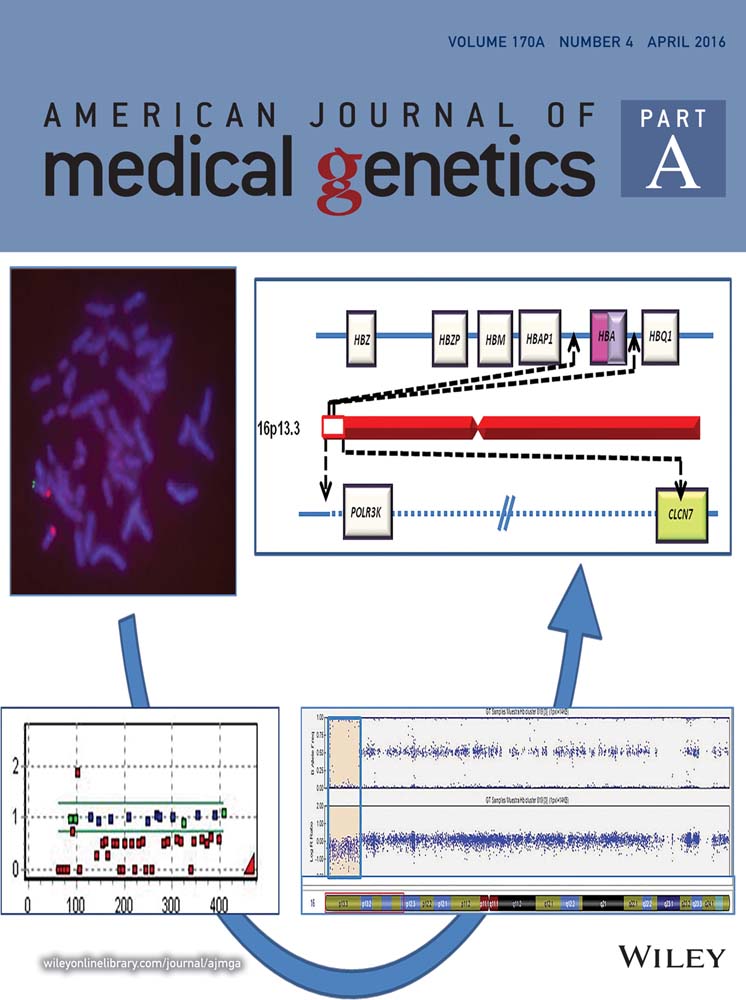Is a prenatal diagnosis detrimental to the survival of a fetus with trisomy 18?
Abstract
As trisomy 18 is so rare any individual study is unlikely to have a sufficient number of cases to examine whether a prenatal diagnosis is advantageous or detrimental to the survival of these infants. Estimates of survival in prenatally diagnosed live births have been obtained by combining data from individual hospitals, whereas estimates of survival in postnatally diagnosed live births have been obtained from large population studies linking cytogenetic registers to national mortality registers. The estimates of survival are often lower in the prenatally diagnosed series. However, comparing estimates from these two different sources is not valid; both sources are subject to different biases. At present, there is insufficient information available to indicate that receiving a prenatal diagnosis of trisomy 18 is detrimental to the survival of a foetus with trisomy 18. A prenatal diagnosis does enable the parents and clinicians time to reach a consensus on how best to care for the baby. © 2016 Wiley Periodicals, Inc.
IS A PRENATAL DIAGNOSIS DETRIMENTAL TO THE SURVIVAL OF A FETUS WITH TRISOMY 18?
This issue of the journal includes a study on the survival of babies prenatally diagnosed with trisomy 18 by Russo et al. [2015]. They observe 12 live births of whom 4 (33%) survive for at least 1 month. This figure is consistent with those estimated from the four largest published studies with over 100 live births in each study (including both prenatal and postnatal diagnoses) which had estimates of 1 month survival of 22%, 30%, 39%, and 39% respectively [Rasmussen et al., 2003; Niedrist et al., 2006; Vendola et al., 2010; Wu et al., 2013]. However, Russo et al. include their results in a meta-analysis of all studies of survival in live births who have been prenatally diagnosed as having trisomy 18 (postnatal diagnoses are not included). There are seven studies (including Russo's), which are all much smaller, ranging from 2 to 47 live births (129 in total), with a resultant estimate of only a 12% survival for a month. [Moran et al., 2002; Niedrist et al., 2006; Yamanaka et al., 2006; Lakovschek et al., 2011; Burke et al., 2013; Houlihan and O'Donoghue, 2013]. The discrepancy between the two sets of studies is large and it is easy to jump to the conclusion that having a prenatal diagnosis is detrimental to the survival of a fetus with trisomy 18, but are there other explanations?
Three of the large live birth studies linked diagnoses from cytogenetic registers with official birth and death registries. [Rasmussen et al., 2003; Vendola et al., 2010; Wu et al., 2013] This means that large populations were covered, and consequently, the results are easily generalizable. However, these studies will be sensitive to any inaccuracies occurring in the distinction between still births and early neonatal deaths in official statistics, which have been shown to occur, for example, for babies with Down syndrome [Savva and Morris, 2009]. Such inaccuracies may inflate or deflate the survival estimates.
In contrast six of the seven studies of babies diagnosed prenatally are from individual foetal anomaly referral centres or hospitals and in fact two studies are from the same hospital. [Moran et al., 2002; Burke et al., 2013] This limits their generalizability, particularly as the hospital with two studies had extremely low survival rates (only 1 out of 22 babies survived a month, <5%).
Among other differences, three of the studies of babies diagnosed prenatally are from Ireland, where terminations are not legally available. [Moran et al., 2002; Burke et al., 2013; Houlihan and O'Donoghue, 2013] Thus the parents and clinicians may be less likely to implement invasive interventions to prolong the infants life than in other countries—though this is clearly just speculation.
In summary, comparing the survival in large population studies including both prenatal and postnatally diagnosed live births with trisomy 18 with studies of prenatally diagnosed live births from individual hospitals is not valid. At present, there is insufficient information available to indicate that receiving a prenatal diagnosis of trisomy 18 is detrimental to the survival of a fetus with trisomy 18 and, intuitively, it would seem that having this knowledge prenatally enables the parents and clinicians time to reach a consensus on how best to care for the baby.




